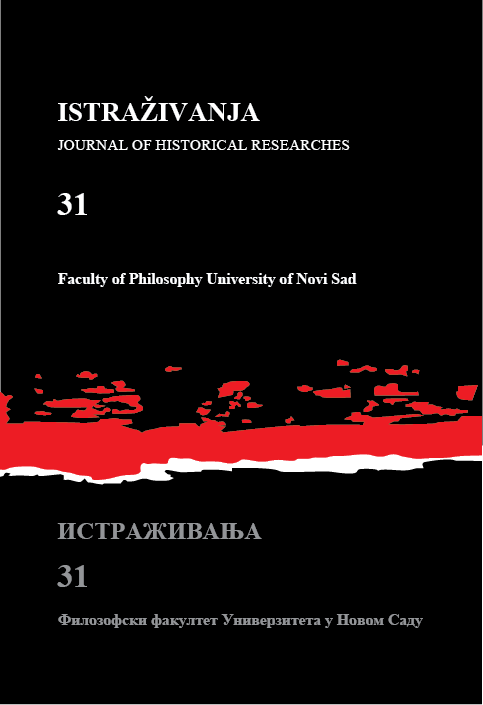THE SERBIAN ORTHODOX CHURCH AND SERBIAN EDUCATION IN BOSNIA AND HERZEGOVINA IN THE LAST CENTURY OF OTTOMAN RULE
THE SERBIAN ORTHODOX CHURCH AND SERBIAN EDUCATION IN BOSNIA AND HERZEGOVINA IN THE LAST CENTURY OF OTTOMAN RULE
Author(s): Borivoje Milošević, Sandra LukićSubject(s): History, Social Sciences
Published by: Филозофски факултет, Универзитет у Новом Саду
Keywords: Serbian Orthodox Church; clergy; Serbian education; Bosnia and Herzegovina; Ottoman Empire; Russia; Austro-Hungary; schoolbooks; monks; priests; teachers.
Summary/Abstract: The origins of initial education of the Serbian people in Bosnia and Herzegovina are found in the Serbian Orthodox churches and monasteries. Monks and priests, although having a modest education, also worked as teachers besides their regular religious functions. The first students were young men, who were trained in the profession of priests. They usually inherited this position from their fathers. The initial courses were of a limited religious character and were not able to provide a broader education to students. Literacy obtained within the sphere of the church could not respond to the needs and spirit of the new age in the middle of the 19th century. Therefore, it was prominent and wealthy Serbian merchants that made a strong impact in establishing modern private schools. Most Serbian schools were financially supported by Serbia and Russia during that century, up until the Austro-Hungarian occupation. Serbian Orthodox church – school municipalities very often addressed Belgrade for help for reconstruction or building schools and churches. The foundation of Pelagic’s Seminary in Banja Luka in 1866 made a significant impact on the cultural progress of Serbs, especially those living in the area of Bosanska Krajina.
Journal: Истраживања
- Issue Year: 2020
- Issue No: 31
- Page Range: 131-149
- Page Count: 19
- Language: English

